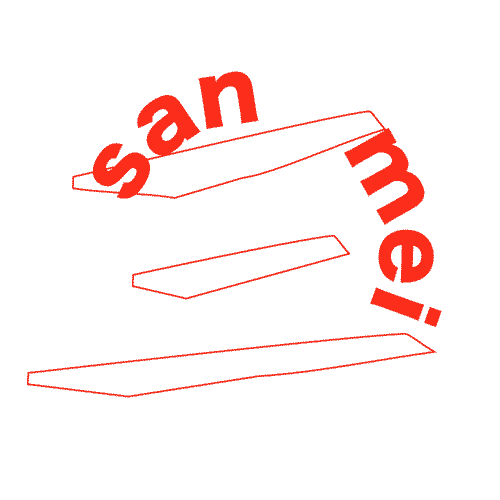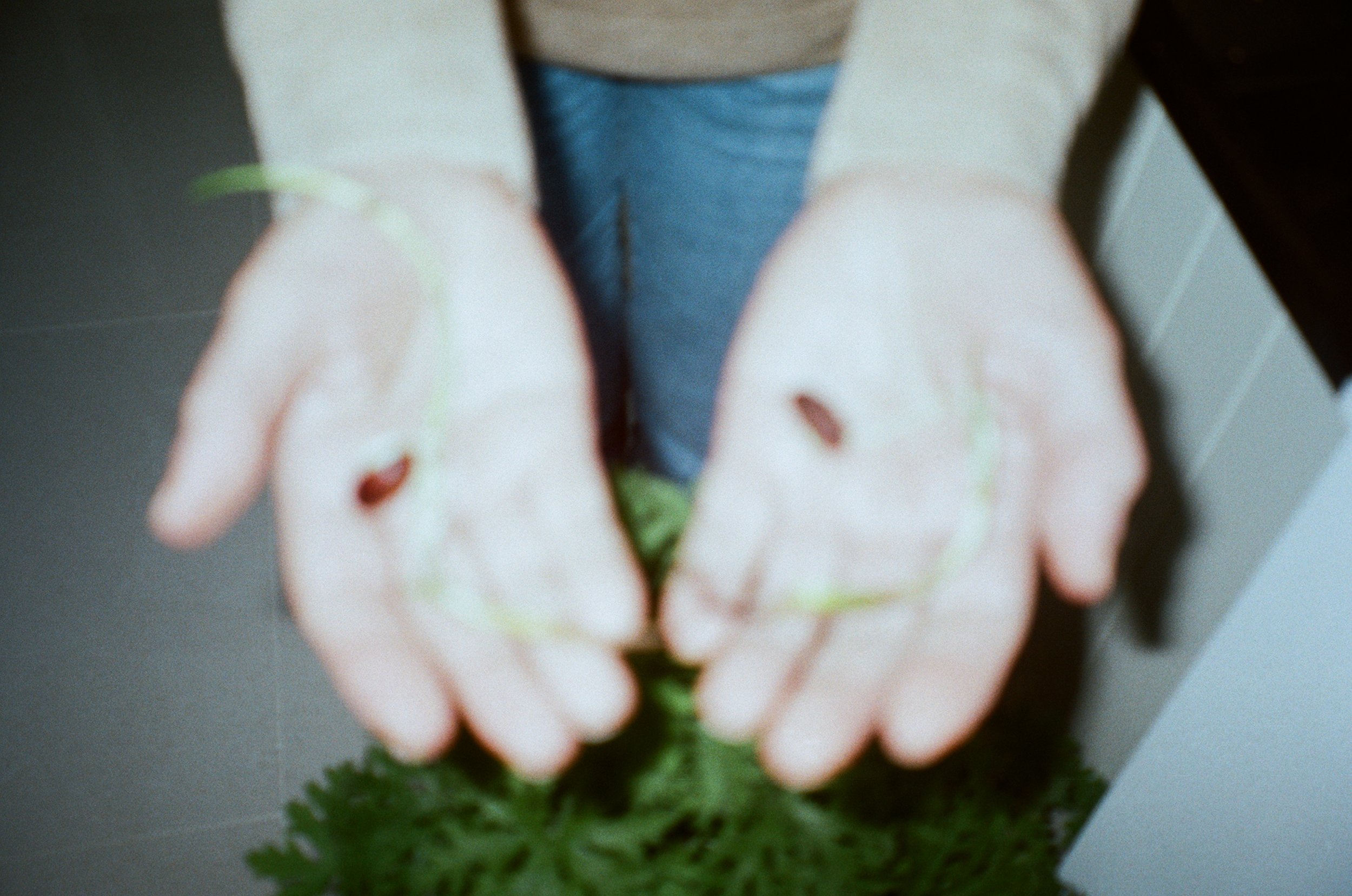Similar Beginnings: Walk and Talk
San Mei Gallery X Mosaic Rooms
Saturday 18 May, 1-4pm
Free - with limited spaces
Join artists Tawfik Naas and Emily Sarsam on a walk and guided exploration of lens shifting, inspired by Naas' exhibition 'Chaos Is A Flower'. They borrow its methodology, drawing from perspectives in ecology and cosmology, to reimagine the past.
Through communal bread-breaking and readings, they will delve into what it means to view history with fresh eyes. This walk offers a chance to listen, reflect, observe and converse, using embodied exercises to deepen our understanding of our surroundings.
The walk will start at San Mei Gallery and end in Myatt’s Fields Park to conclude with shared food and discussions about the group's collective experience. An opportunity to then write a postcard capturing the essence of our reflections will be the ending to this exchange.
This event is co-programmed by The Mosaic Rooms and San Mei Gallery.
Food and refreshments provided.
This event is supported by Arts Council England and The Henry Moore Foundation.
About the facilitators:
Emily Sarsam is a Tunis based artist, researcher, and cultural programer whose work revolves around sound, fiction & poetry, independent publishing, and food. She is especially interested in the politics of olive oil, commoning in rural and agricultural contexts, and the impacts of colonialism on food systems and eating habits. She also researches and facilitates embodied learning environments and methods for art mediation in the form of workshops, creative learning programs, and residencies. She is one of the co-founders of Broudou, a research collective and publication dedicated to the future of food in Tunisia, and part of Mouhit, an artist residency in Tunis, where she offers support in programing and artist mentoring.
Tawfik Naas is a Libyan artist based in London who explores what historical trauma looks like through a post-’ecocosmic’ review. Through this perspective, Naas identifies changes within these reviewed histories and examines the differences to uncover potential organic solutions. He identifies the perpetually sustained trauma found in the common linearity we use to remember the past. To address this, he seeks alternatives, often through the lens of ecological technologies and cosmic perspectives. This approach creates space for the healing of the trauma associated within these histories.

